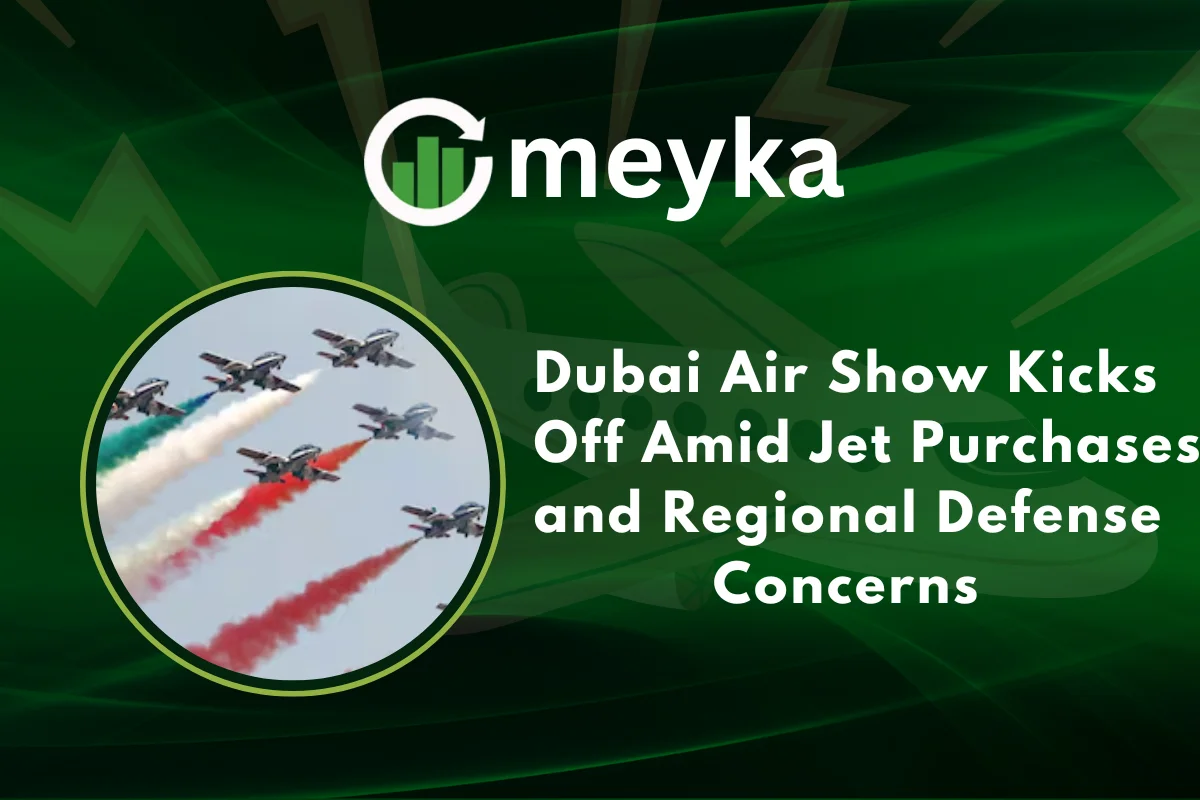Dubai Air Show Kicks Off Amid Jet Purchases and Regional Defense Concerns
The Dubai Air Show has officially kicked off, drawing global attention not just for commercial jet orders but also for escalating defense signals in a region that remains geopolitically sensitive. This year’s show mixes big aircraft deals, competition among aerospace giants, and a clear demonstration that Middle Eastern nations are serious about modernizing their air capabilities.
Continue Reading on Meyka
This article is available in full on our main platform. Get access to complete analysis, stock insights, and more.
Read Full Article →





